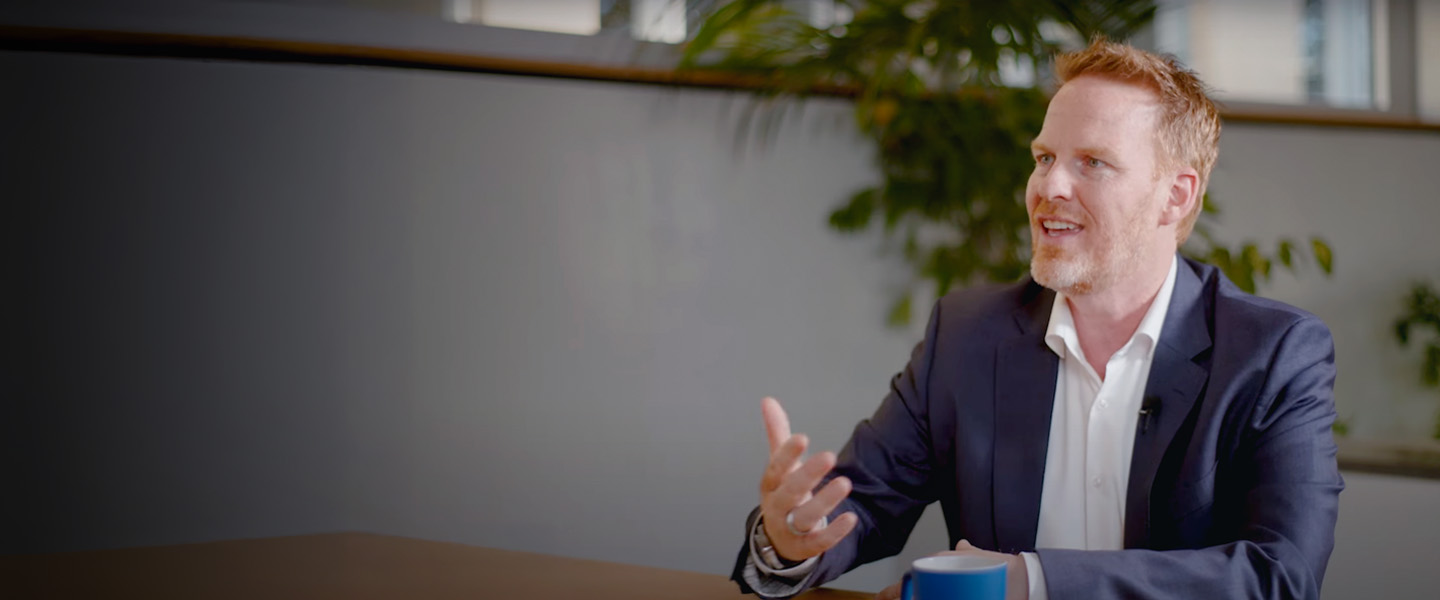The four types of questions leaders should be asking

It’s not enough to simply ask open questions and follow up questions, for leaders to avoid the knowledge trap they need to consider the mix of questions they ask.
IMD Professors of Strategy Arnaud Chevallier and Frédéric Dalsace identified four types of questions that you should be asking based on behavioral science research and interviews with top executives:
- productive questions, to pace the decision making,
- analytical questions, to address root cause and find granular solutions
- creative questions, to fuel innovative thinking and solutions
- sensemaking questions, to develop insight and keep momentum
“We think that the types of questions each use is the result of our individual trajectories. In other words, we each grow into asking some questions more than others,” says Chevallier.
“But maybe this path-dependent process can be improved,” says Dalsace. “Have you ever thought about which question you ask and which question you use? What happens if you don’t ask some questions?”.
Successful executives often underutilize at least one type of question causing blind spots that can lead to an incomplete picture. While there is no perfect balance of a questions mix, all leaders should be asking at least some questions from each category. It is therefore important to step back and evaluate whether you are doing this.
The good news is most executives have found that once they evaluated their question mix and identified weak spots, it has been pretty easy to improve upon it, either individually or as a team.
Research Information & Knowledge Hub for additional information on IMD publications

Business schools must champion values-led leadership as companies retreat from DEI. Now’s the time to stand firm and lead by example, says David Bach.

Regional developers have tried and failed to emulate Silicon Valley’s VC-driven model for innovation. Detroit Entrepreneurship is following an alternative route.

Every leadership approach has its pros and cons. Recognizing your style and knowing how to blend different approaches – and avoid the traps – will improve your ability to respond to challenges and stakeholder expectations. Every leadership approac...

CFOs must drive a financially disciplined way to manage environmental and climate risk amid growing push back against sustainability efforts.

Most senior leaders struggle with the decision to step down, often holding on long after their optimal departure date. Take this quiz to find out if you’re really ready – and read on for tips on managing the psychological transition. Most senior l...

Responsible for TIME magazine’s iconic covers, D.W. Pine explores his creative process and shares insights on how to cut through the noise and make an impact.

Geopolitical turmoil and its workforce impact demand a systems thinking approach from CHROs, argue IMD’s Katharina Lange and Simon Evenett.

AI is reshaping careers, but future-proof skills aren’t what you think. Vision, expertise, and deep knowledge - not hype - are key to success in an AI world.

This episode takes you behind the scenes of a recent gathering led by the World Business Council for Sustainable Development together with IMD, where David Bach sat down with two sustainability leaders.

All organizations should have a plan to secure trust during, after (and even before) a crisis hits. Here are a host of examples, good and bad, to learn from.
Research Information & Knowledge Hub for additional information on IMD publications
in I by IMD
Research Information & Knowledge Hub for additional information on IMD publications
in I by IMD
Research Information & Knowledge Hub for additional information on IMD publications
Research Information & Knowledge Hub for additional information on IMD publications
Research Information & Knowledge Hub for additional information on IMD publications
in I by IMD
Research Information & Knowledge Hub for additional information on IMD publications
Research Information & Knowledge Hub for additional information on IMD publications
in I by IMD
Research Information & Knowledge Hub for additional information on IMD publications
Research Information & Knowledge Hub for additional information on IMD publications
in I by IMD
Research Information & Knowledge Hub for additional information on IMD publications

